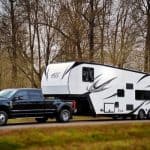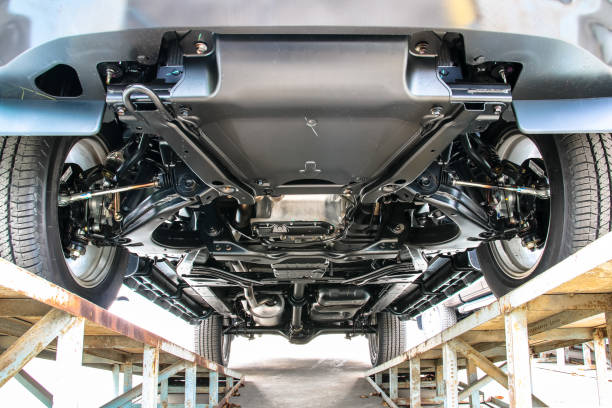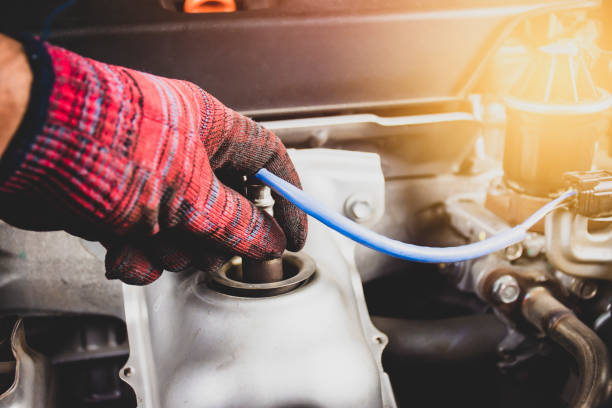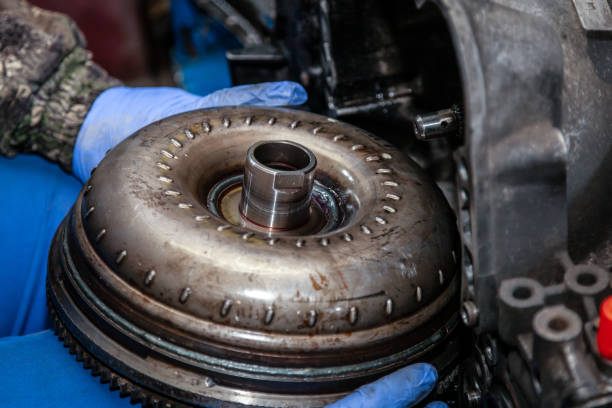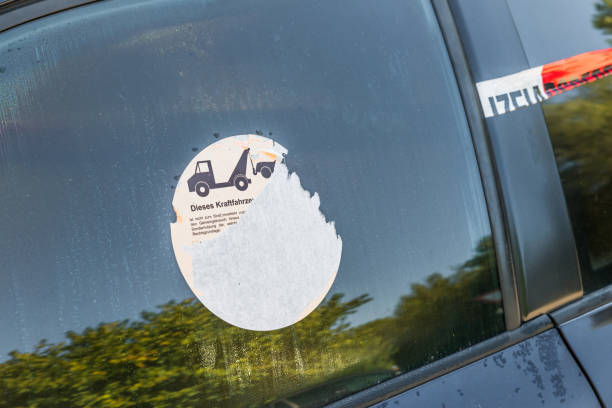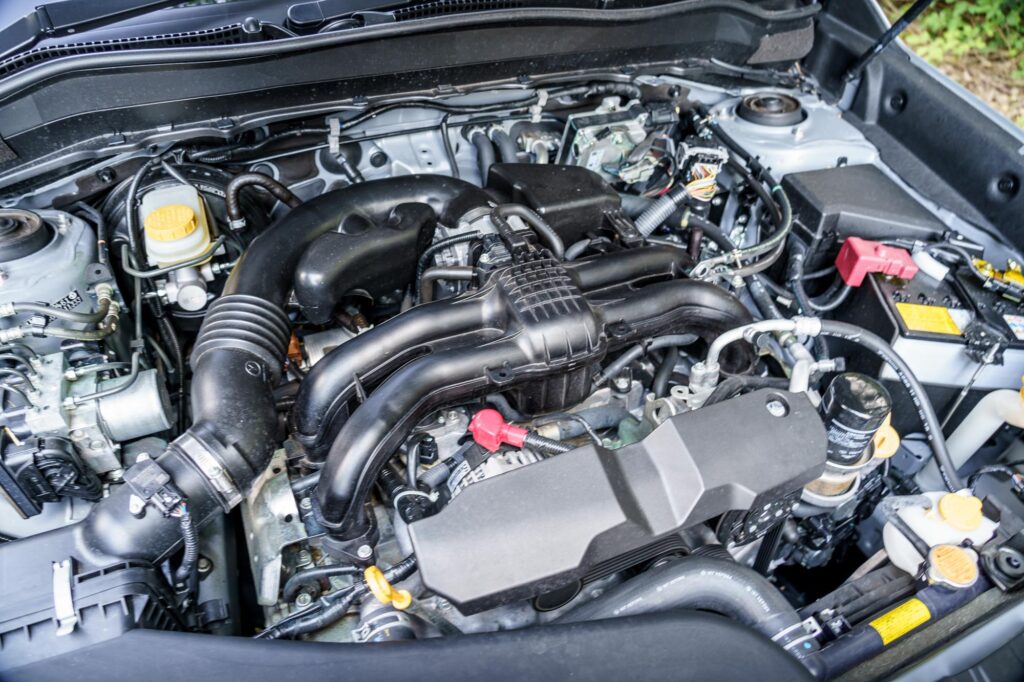
When you push down the pedal, you should hear the roar of the engine and the sound of wind rushing past the windows. So, when you hear a whining noise instead, it’s not just annoying, it’s a sign of a deeper problem.
But what could that problem be, and where should you start looking? We’ll walk you through everything you need to know here.
Tracking Down the Sound
The truth is that a whining sound can come from a ton of different locations and components. So, before you can really track down what’s causing the problem, you need to track down where it’s coming from.
But if you’re struggling to track down the location of the noise, we have a few tips for you. First, place the car in park, turn off all accessories, and rev the engine. If you still hear the whining sound, it’s coming from the engine bay.
If it’s not, go ahead and start driving. When driving, keep all the windows rolled up when accelerating. This locks out most of the noise, but if the whining is still making its way into your vehicle, you’ll have a better idea of where it’s coming from.
That’s because you’ve sealed the entire vehicle, so it’ll give you a more accurate understanding of which direction the whining is coming from. If you can’t hear the sound with the windows up, or you can’t track down where it’s coming from, repeat the process with all the windows down.
You want to ensure that you have all the accessories in your vehicle off when you’re doing this. This will eliminate any unnecessary noise and limit the potential causes of the problem.
But if you still can’t track down where the sound is coming from while doing this, enlist the help of a friend. Have them stand outside the vehicle as you drive by to help you locate the sound. You don’t want to fly past them but try to slowly accelerate as you pass.
Furthermore, have them stand on both sides of the vehicle to see if the sound is louder on one side or the other. If it is louder on one side, chances are it’s coming from a wheel well, but if it’s not, there’s a good chance it’s coming from underneath your vehicle.
Whining Noises From Under Your Vehicle While Accelerating
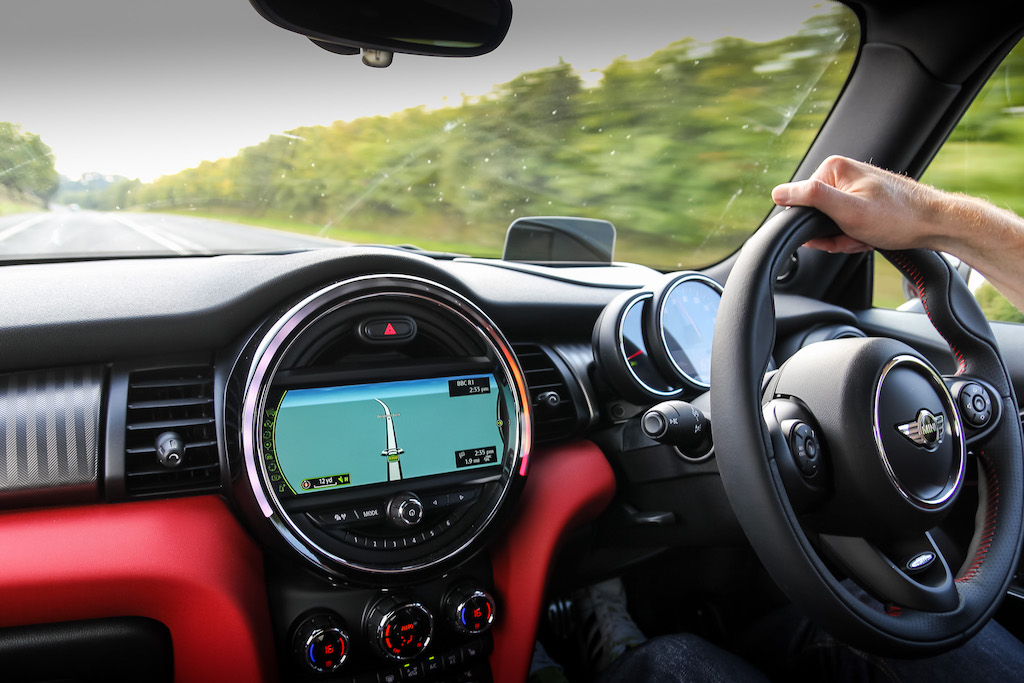
If the whining sound is coming from underneath your vehicle, there are a few potential causes. The problem could reside with your driveline, transmission, or even a steering component. We’ll break down each component separately here.
Transmission Whining Noise When Accelerating
If you suspect that the transmission is the source of your whining sound, go ahead and double-check the fluid levels. It’s common for transmissions to start making a ton of noise when fluid levels are low. Of course, if fluid levels are low, the transmission probably has a leak somewhere, so you’ll need to track that down too.
But immediately top off the transmission fluid and hope that driving with low transmission fluid hasn’t already damaged the transmission.
Still, if the transmission fluid is fine but you’re sure the sound is coming from the transmission, you likely have more significant – and more expensive – problems. At that point, you have a problem with gears or bearings, and these are more expensive to repair.
You can try to get by a little longer with a slip-stop additive, but it’s best if you repair the problem instead of hiding it.
Driveline Whining Noise When Accelerating
If your driveline is making noise when you’re accelerating, it’s one of two things. First, your friends (or not) could be messing with you. It’s a common ploy to attach zip ties or other components around the driveline, and as you drive, you’ll hear them making tons of noise underneath your vehicle.
It’s completely harmless, but you’ll have to remove the attached objects to get rid of the sound. The second option is that you have loose bearing or bolts. This is a very serious problem; if the bolts or bearings give out, it can lead to tons of engine damage.
The good news is that the driveline is relatively easy to inspect if you have access to the underside of your vehicle.
Steering Components Whining When Accelerating
Technically when steering components are whining during acceleration, it can come from either underneath the vehicle or from one of the wheel wells. That’s because you can find steering components in both locations.
Underneath your vehicle, you’ll find the steering gearbox, and this can whine if you’re low on power steering fluid. Meanwhile, other steering components can rub while driving, and if this happens, you might hear a whining noise coming from one of the wheel wells.
Whining Noises From Your Wheel Wells While Accelerating

If you track down the whining noise to one of the wheel wells, you’re off to a great start. While there are plenty of potential causes in each wheel well, the area isn’t that large, so it’s relatively easy to scan everything to find the problem.
Some potential problems include a backing plate that’s rubbing against the rotors or worn brake pads. The squealers on the brake pads apply the loudest when you hit the brakes, but they’ll often rub the entire time you’re driving, which will become louder when accelerating.
You could also have worn wheel bearings. As you accelerate, this will spin faster and faster, adding to the overall noise. However, unlike the rest of the components in your that you can visually inspect, to check for worn wheel bearings, you’ll need to see if there’s any play in the wheel after you’ve torqued everything down.
It’s easy to check, simply jack up the vehicle and jiggle the tire while someone holds the steering wheels straight. If there’s play in the tire, then it’s time to replace the wheel bearings.
Whining Noises From Your Engine Bay While Accelerating
If you had the vehicle in park and heard whining when you revved the engine, then the whining noises you’re hearing are coming from the engine bay. And while we can narrow down the problem a bit more, there are still tons of components to check.
If you turned off all the accessories, it’s a component attached to the drive belt, which you can find at the front of your engine. However, if the problem comes and goes with the A/C or another belt-driven accessory, you’ve found the problem.
Alternator Whining Noises While Accelerating
One of the most common components that will start whining while accelerating is the alternator. Two things could create this whining noise. First, the pulley itself might be loose or rusted. If the pulley is the problem, some WD-40 might help with the noise.
But if it’s loose, you might need to either tighten the bolt or replace the pulley. However, the whining noise might be coming from the alternator itself. That’s because the alternator itself is a moving component, and if the alternator has damaged bearings, then it’ll start to make noise.
If the noise is coming from the alternator itself, it’s time to replace the alternator.
Power Steering Pump Whining While Accelerating
Another component that can be creating a whining sound is the power steering pump. Just like the alternator, the sound might be coming from the pulley itself. However, another common problem is that the power steering pump is low on fluid.
While this indicates a deeper problem since the fluid shouldn’t be going anywhere, all you need to do is top off the fluid to get the whining to go away. But after you’ve filled the reservoir, you need to take the time to find the source of the leak, or you’ll keep coming back to the same problem.
Loose Belts or Pulleys
Just because we mentioned the power steering pump and the alternator pump doesn’t mean that those are the only pulleys that could be creating the whining sound. Any pulley that attaches to the drive belt could be the source of the sound.
Idler pulleys are particularly notorious for this, while crankshaft and camshaft pulleys rarely have this problem. Tracking down the particular pulley that’s creating the sound can be challenging – but if you spray some WD-40 on each pulley as the engine’s running, it can help track down the problem.
Once you’ve found the problem pulley, WD-40 will usually cause the pulley to squeak louder – at least temporarily. Eventually, WD-40 might make the problem go away if the problem is rust or something similar. But if the problem is a loose pulley, WD-40 will not repair the problem, but it can help you find it.
Whining Noise From Speakers When Accelerating
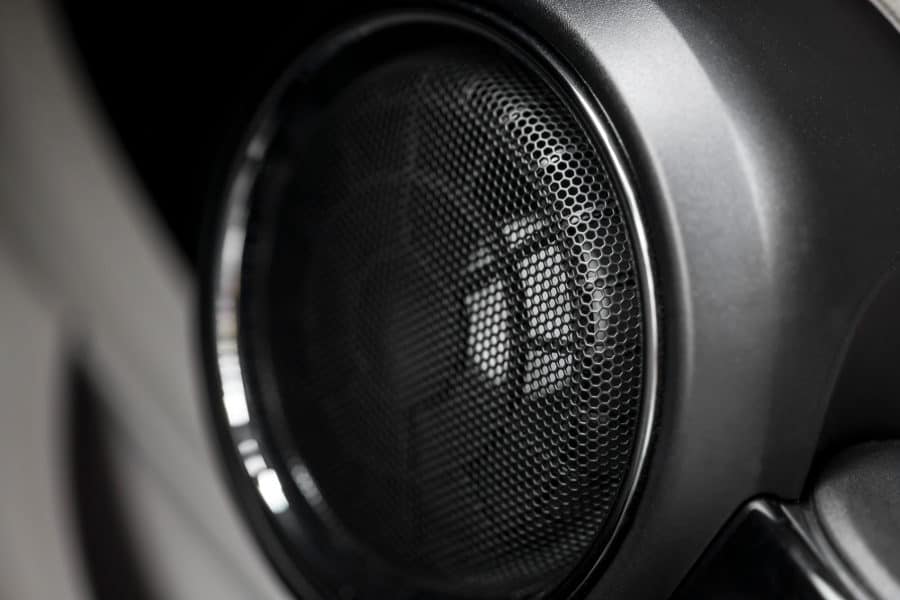
If you have an aftermarket speaker system, or if you’ve recently removed and reinstalled speaker components, you might find that there is a whining noise coming from the speakers in your vehicle. Unlike other problems that require a ton of work to track down the location of the whine, finding the whine here is easy – it’s tracking down the source that can be problematic.
- The most common causes of a whining noise coming from the speakers while accelerating are either from the alternator or an external amplifier.
- If the problem is the alternator, you can try installing a noise filter between the alternator and the battery or installing an inline noise filter in the head unit power cable.
- Both of these solutions won’t eliminate the noise your alternator is making, but they will prevent you from hearing it through the speakers. Meanwhile, if the sound is coming from an external amplifier, chances you don’t have the best ground.
Finding a better ground and using it for your external amplifier should remedy the problem.

